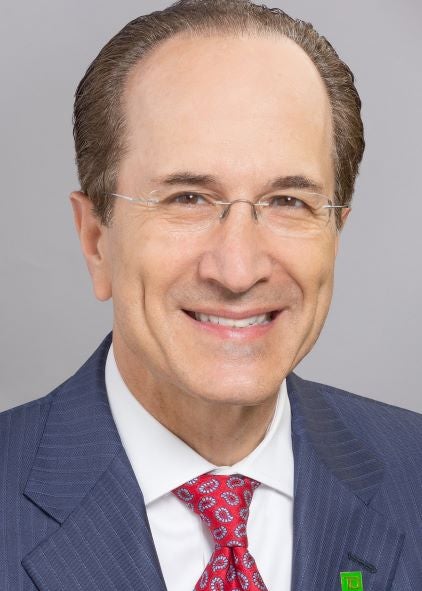Worcester, New England’s second largest and fastest-growing major city, continues to benefit from a surge in both public and private investments. This growth is positively impacting residents and businesses across the city’s diverse community.
Get Instant Access to This Article
Subscribe to Worcester Business Journal and get immediate access to all of our subscriber-only content and much more.
- Critical Central Massachusetts business news updated daily.
- Immediate access to all subscriber-only content on our website.
- Bi-weekly print or digital editions of our award-winning publication.
- Special bonus issues like the WBJ Book of Lists.
- Exclusive ticket prize draws for our in-person events.
Click here to purchase a paywall bypass link for this article.
Worcester, New England’s second largest and fastest-growing major city, continues to benefit from a surge in both public and private investments. This growth is positively impacting residents and businesses across the city’s diverse community. Over the past 10 years, Worcester has seen an impressive $4.5 billion in major development projects, according to the Worcester Regional Chamber of Commerce.

Overall, Massachusetts’ economy has been expanding at a rate below the national average, largely due to the impact of elevated interest rates on the technology, professional services, and other white-collar sectors, according to TD Economics, the research arm of TD Bank. On the other hand, the state’s sizable healthcare sector has played a key role in stabilizing the economy, helping to keep it close to its potential growth rate. As financial conditions improve in the coming months, TD Economics anticipates the state’s economy will stabilize, with growth projected at 2% in 2025.
The labor market continues to be a challenge, however. In 2024, although New England’s economy expanded steadily and employment rates showed signs of improvement, the state nevertheless experienced a rise in unemployment. This resulted from significant growth in the labor force, or those eligible to and actively seeking work, which led to a higher unemployment rate as of late 2024. The unemployment rate is now at its highest level since early 2018, excluding the COVID pandemic. Data show recent signs of progress, but the number of open jobs has not fully kept pace with the rise in labor force participation, which has nearly returned to pre-pandemic levels. This trend is helping to alleviate some of the labor shortages in the state, but it means the unemployment rate is rising. Moving into 2025, the unemployment rate is expected to increase at a slower pace, averaging around 3.6% for the year.
Business investment is likely to grow in 2025 as interest rates slowly decline. According to the Massachusetts Business Confidence Index from the Associated Industries of Massachusetts, business sentiment is trending upward in Central Mass. once again. With manufacturing, life sciences, and higher education as major industries in the region, there is reason for this positive outlook. These industries have benefitted from legislation and federal and state government investments and should continue to do so with the Mass Leads Act. Manufacturers are seeking credit for working capital and building expansions, while the increased presence of biotechnology and pharmaceutical companies should generate further investments.
Smaller businesses will likely reap benefits from these investments. In 2024, the number and dollar amount of U.S. Small Business Administration loans in the state increased from 2023, a sign businesses are more willing to spend and expand. Lower interest rates will mean businesses with limited cash reserves may take on lines of credit or other loans as 2025 progresses.
For individuals and families, the housing market experienced lingering affordability challenges, which have been compounded by a shortage of available housing for purchase and for rent. In Worcester, the opening of the Polar Park baseball stadium has attracted other development, including the construction of several multifamily buildings. The opening of a new platform at Union Station this summer, which increased commutability, was more good news for residents. Infrastructure improvements such as this will continue to make Central Mass. a desirable place to live and work.
While the New England economy showed steady expansion throughout 2024, several challenges remain, particularly in the labor market. However, Central Massachusetts' robust growth remains a bright spot. As financial conditions gradually loosen, expect the local economy to stabilize and grow at a slower, more sustainable pace in 2025 and beyond.
Marshall Sugarman is commercial market president of Massachusetts for TD Bank, one of the 10 largest banks in the U.S. and the No. 2 lender of SBA loans in Mass.
